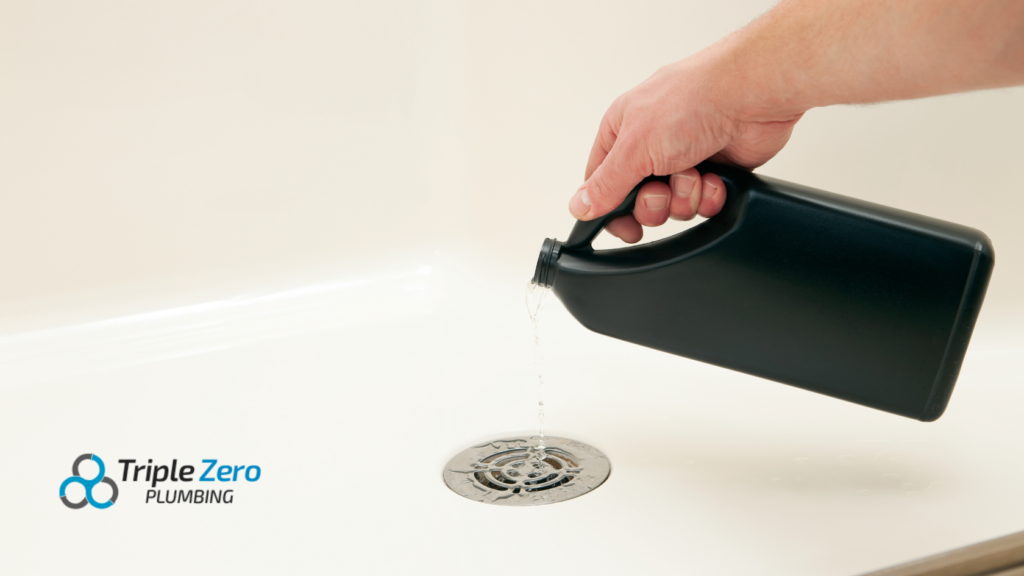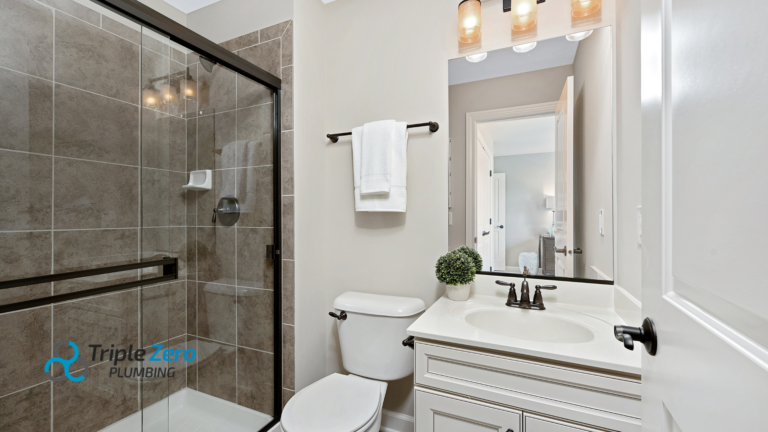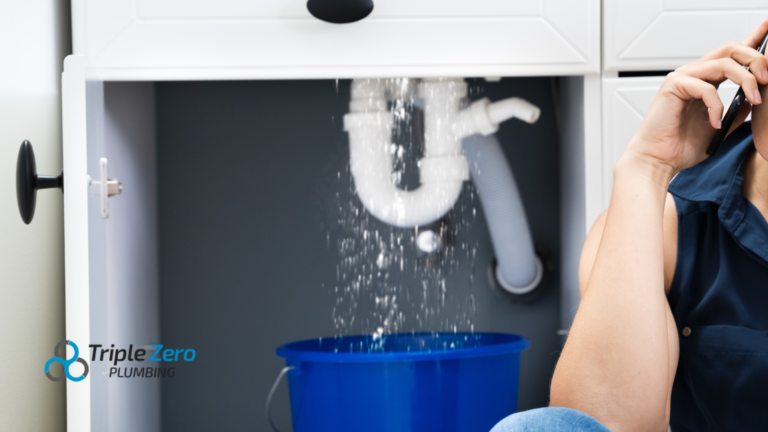The Do’s and Don’ts of Using Chemical Drain Cleaners
Chemical drain cleaners can seem like a quick fix for stubborn clogs, but they come with risks if used incorrectly. Knowing the right way to use them can help you avoid damage to your pipes, keep your home safe, and prevent unnecessary repairs. Here are essential drain cleaner tips and guidelines on how to use a drain cleaner safely and effectively.
Do: Read the Instructions Carefully
Before using any chemical drain cleaner, read the manufacturer’s instructions on the label. Different products have different application methods and safety warnings. Following the guidelines ensures you know how to use a drain cleaner properly and avoid potential hazards.
Don’t: Mix Different Cleaners
Never combine multiple drain cleaners or use a cleaner with other chemicals. Adding things like bleach or vinegar down with a drain cleaner will create highly toxic fumes and you will need to evacuate. Mixing chemicals can create dangerous fumes or reactions that pose health risks. Stick to one product at a time and allow it to work as directed.
Do: Use Protective Gear
Chemical drain cleaners contain powerful ingredients that can cause skin and eye irritation. When using a cleaner, wear gloves and safety goggles to protect yourself. This is one of the most important drain cleaner tips to prevent accidents or injuries.
Don’t: Overuse Chemical Drain Cleaners
Relying too heavily on chemical drain cleaners can damage your pipes over time. These cleaners are corrosive and can weaken metal or plastic pipes if used too frequently. If you find yourself using them regularly, it might be time to consider professional help, such as a blocked drain repair service.
Do: Use Chemical Drain Cleaners for Minor Clogs
Chemical drain cleaners work best for minor clogs caused by hair, soap scum, or grease. If your sink or bathtub drains slowly but isn’t completely blocked, a drain cleaner might do the trick. Learning how to use a drain cleaner properly can help you clear these small clogs efficiently. Also, make sure you get the right cleaner for the drain you’re unclogging. Kitchen drains and bathroom drains are exposed to different blockages so the active ingredient in your cleaner needs to tackle the right compounds.
Don’t: Use Drain Cleaners on Completely Blocked Drains
You may reach for the fastest fix, but if water isn’t draining at all, chemical drain cleaners may not be effective. Pouring chemicals into a completely blocked drain can cause the cleaner to sit in your pipes, leading to further damage. For serious clogs, it’s best to call a professional plumber for a thorough blocked drain repair.
Do: Ventilate the Area
As mentioned earlier, drain cleaners release strong fumes that can irritate your nose, throat, and lungs. When using a drain cleaner, open windows and doors to allow proper ventilation. This reduces the risk of inhaling harmful fumes and keeps the air in your home safer.
Don’t: Use Drain Cleaners in Toilets
Chemical drain cleaners are not designed for toilets. They can damage the porcelain, corrode pipes, and even crack the toilet bowl. If your toilet is clogged, opt for a plunger or a toilet auger instead. If these methods fail, a professional plumber can resolve the issue safely.
When to Call a Professional for Blocked Drain Repair
If you’ve tried these drain cleaner tips and your pipes are still clogged, it’s time to call a professional for a blocked drain repair. Persistent clogs or repeated use of drain cleaners can indicate a deeper issue that requires professional attention.
Plumbers have the right tools and expertise to clear blockages safely without damaging your pipes. They can also identify underlying issues like pipe damage or buildup that chemical cleaners can’t resolve.
Keep Your Drains Flowing Smoothly
Using chemical drain cleaners can be effective when done safely and sparingly. By understanding how to use a drain cleaner and knowing when to call in the experts, you can keep your plumbing system in good shape. Follow these do’s and don’ts to tackle minor clogs and protect your pipes from damage.




